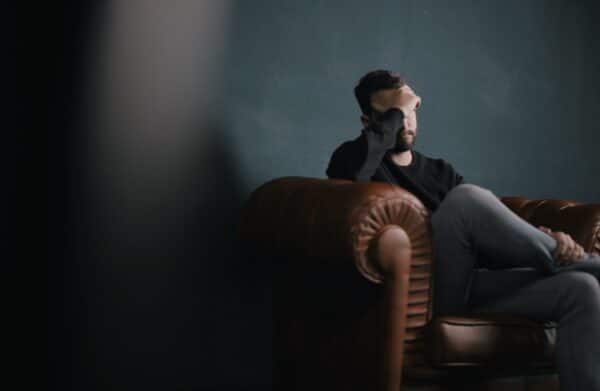
Suffering headaches after a car accident may be a sign of a more severe injury. If you haven’t received medical attention yet, you should, immediately. Then, it may be time to consult with a traumatic brain injury attorney as you weigh your options. The truth is you should never ignore a headache after a car accident. The reason is simple: it is not that uncommon for headaches and other injuries to surface in the hours and days after an accident has occurred.
Though it may seem you have gotten through an accident unscathed, for some, the adrenaline rush brought on by shock and anger can distract and even mask the effects of a serious injury for hours and days. Even in minor collisions, your body may not react to whiplash, nerve damage, or a head injury immediately. A concussion, for instance, can be very subtle, and the effects may not be revealed for hours or days after the injury. Many people do not even realize that that pounding headache on Friday morning results from the car accident they were in on Tuesday afternoon and that it could be a symptom of a more severe injury.
Here are answers to common questions should a headache occur after a car accident:
What is a post-traumatic headache?
Post-traumatic headache (PTHA) is a very real medical condition that afflicts people in the aftermath of a head injury. Though headaches are a common symptom after sustaining a concussion or a head injury, new or secondary headaches that develop within seven days after a head injury—or when the individual subsequently regains consciousness—is defined as a post-traumatic headache.
PTHA is usually related to trauma to the neck and head that can occur undetected during a car accident. You may wake up a few days after the accident with a stiff neck, radiating pain to the head causing a headache. That headache should not be ignored as it may be an indication of a more serious injury to your neck and head.
What if a headache or whiplash begins a week after an accident?
Any headache that occurs within a week of a car accident should not be dismissed. Among later-onset car accident injuries, headaches are among the more common to occur. As mentioned, some headaches only surface days after an accident and can become a quickly disabling injury once it sets in. You do not even have to hit your head in a car accident to sustain a head injury or whiplash.
Whiplash headaches are caused by a sudden force or jolt to the head and neck. After being rear-ended or impacted, the sudden back and forth motion of the neck can strain the neck muscles and ligaments. The forced movement backward and forward of the head and neck can result in soreness in and around the neck, stiff muscles, decreased range of motion, and headaches.
Can you get a headache from a minor accident?
The short answer is, “Yes.” Any impact from a car accident, no matter how minor, can cause a headache or result in PTHA. A bump to the head either on the steering wheel, window, or an airborne object in the car can cause a headache. The force of a collision can tear or pull muscles in the back of your head or jaw, in the neck area, and of the upper back, causing a strain or spasm of the muscles. The impact can also damage soft tissue or place pressure on the nerves in those areas, leading to the onset of headaches.
What are some common symptoms?
If PTHA sets in after a car accident, the intensity could equal a severe or moderate migraine or feel similar to a tension headache from an eye or neck strain. Symptoms may vary, but one or more may include dizziness, nausea, pulsing headache, increased pain after activity, confusion, vomiting, and an overly sensitive reaction to light and sound.
Headache pain should never be ignored after a car accident, especially if it occurs days after the accident. It is imperative to seek medical help after an accident. It is just as important never to refuse medical assistance or care at an accident scene when offered, even if you do not ‘feel’ injured. The reaction to an internal injury may not be apparent at the moment. Just as importantly, refusing medical assistance after an accident can result in your claim being denied. You’ll be giving the insurance company the perfect argument that your injuries did not stem from the accident.
If you are experiencing headaches in the aftermath of a car accident, contact the Maine personal injury attorneys at Hardy Wolf & Downing for a free consultation. They will help you get the just compensation you deserve.

